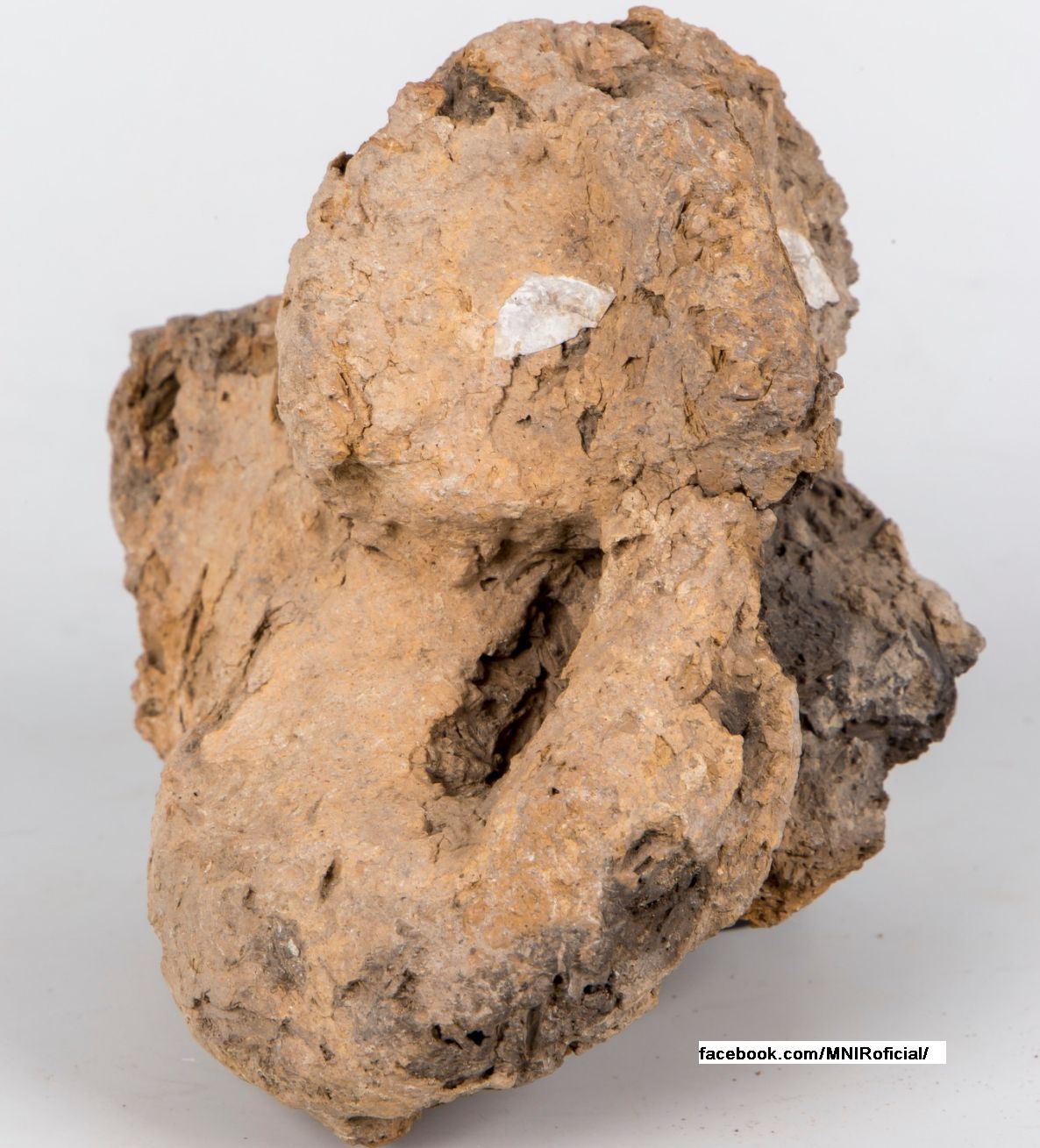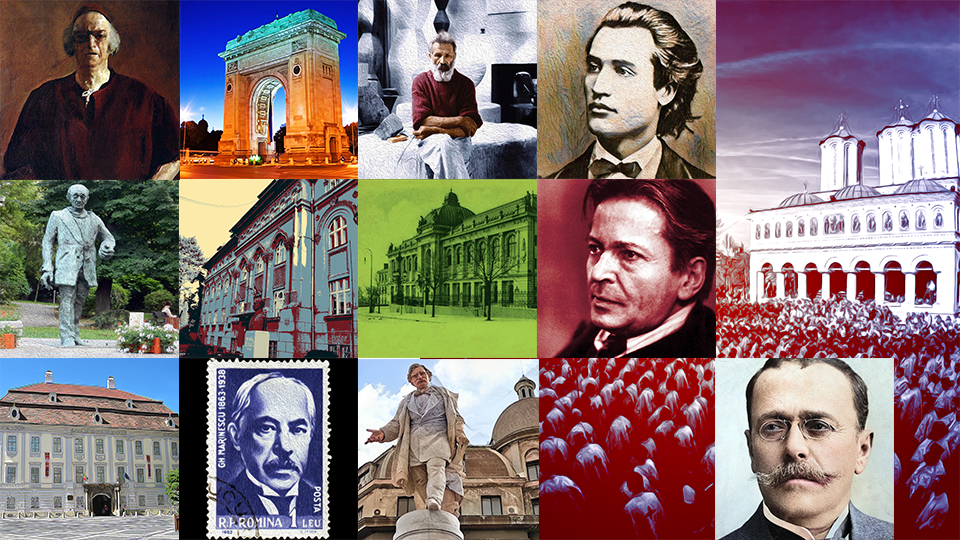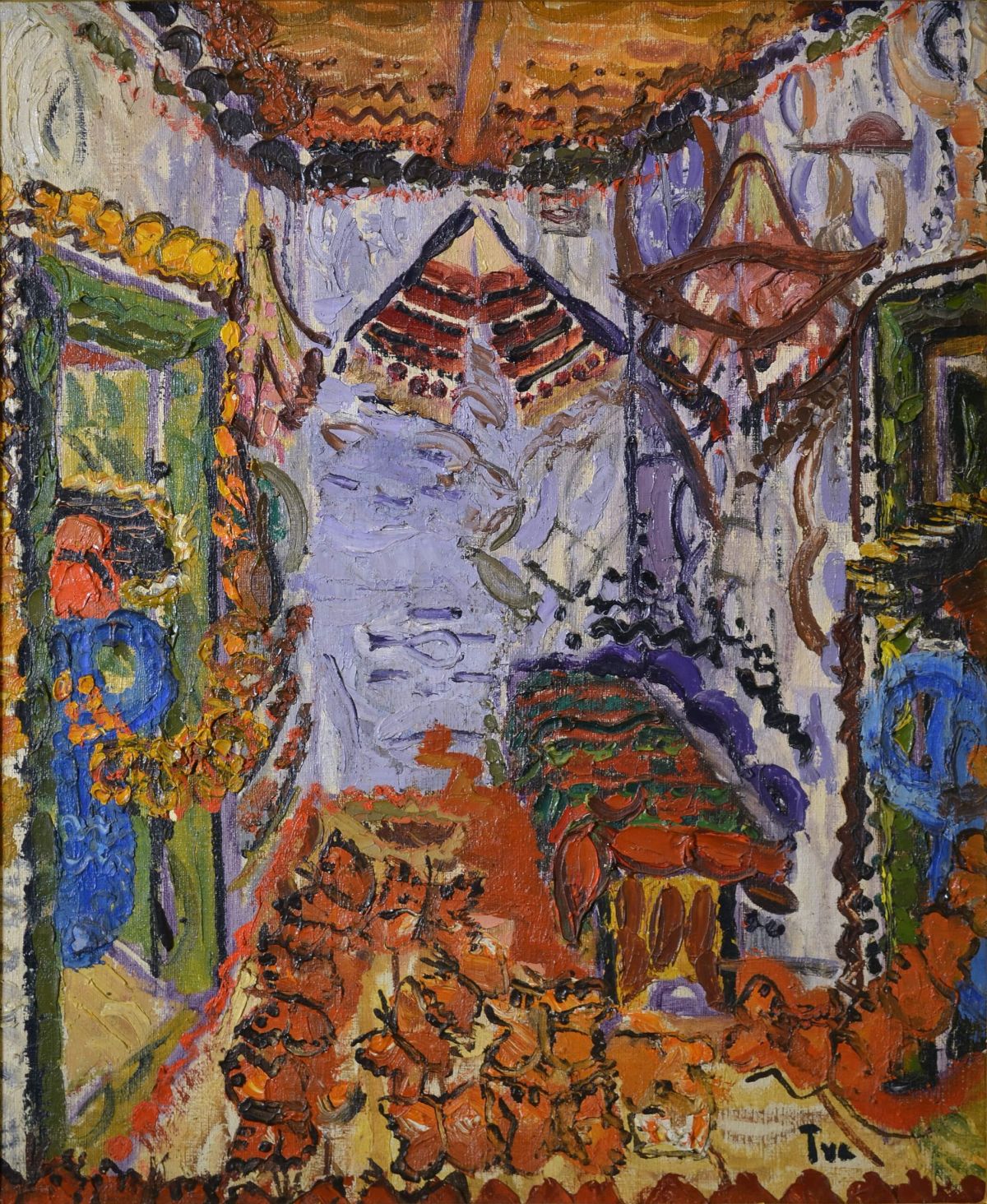Director Liviu Ciulei
Liviu Ciulei managed to take the Romanian theater away from the rigid and unnatural commandments of the socialist realism.

Corina Cristea, 05.11.2022, 14:30
Liviu Ciulei stands out among Romanian theater directors as, starting from the late 1950s and the early 1960s, he managed to take the Romanian theater away from the rigid and unnatural commandments of the socialist realism. Equally a film director, Ciulei brought back the aesthetic dimension in cinematography and theater, something that was also due to his intellectual training in the interwar period. He was born in July 1923 in Bucharest, into an old family of intellectuals. His father, whose name was also Liviu Ciulley, was a renowned constructor, a collaborator of the main architects who built modern Bucharest. Moreover, in order to respect his father’s wish, Liviu Ciulei first attended the Faculty of Architecture, then the Conservatory of Dramatic Art. On stage, he initially stood out as an actor, with both his talent as a performer and that of an architect being useful in his career, because Ciulei also performed roles in his films and made the stage design for many of his theatrical productions.
Next, theater critic Miruna Runcan will tell us how and when he switched from acting to directing: As we are used to his image as an adult, old person, we now see him as a patriarch of Romanian theater and cinema. But he was a very restless young man in the good sense of the word, who wanted to do many things, and besides the fact that he wanted to, he was also able to. He really wanted to be a director. Since the beginning of the 1950s, playing in bad propaganda films, which we no longer see today, he collaborated with the directors of the moment. In particular, he collaborated with director Victor Iliu on the film ‘Moara cu Noroc’ – ‘The Mill of Good Luck’, for which he also made the sets. He learned a lot from Victor Iliu, and that’s why he had the courage to enter the cinema world. It was a happy encounter. And then he directed ‘Valurile Dunarii’ – ‘The Waves of the Danube’, which was a great success at the Karlovy Vary Festival. But he always said that cinematography interested him less than theater.
The film ‘The Waves of the Danube’, made in 1960, was followed in 1965 by ‘Pădurea spânzuratilor’ – ‘The Forest of the Hanged’, an adaptation of the novel with the same name written by Liviu Rebreanu. It is the first Romanian film present at the Cannes International Film Festival where Liviu Ciulei also won the award for directing. Between 1960 and 1965, the director got involved in several projects, he worked in the field of theater and in 1961 he obtained his first success with the staging of the play As You Like It by William Shakespeare. In 1963, he became the director of the Bulandra Theater in Bucharest, where he built a team and staged performances that became famous.
What exactly characterizes his style? Here is Miruna Runcan with details: I don’t know if one can necessarily speak of a Ciulei style, but rather of a kind of perfectionist work methodology. He was sometimes labeled as being baroque, but not all his performances are baroque, and, generally, his gradual evolution tends towards a simplification of space. He had many important shows, such as Brecht’s ‘The Threepenny Opera’ in which actor Toma Caragiu played an extraordinary role. Later, during the period when he was still staging at Bulandra Theater from time to time, despite the fact that he had many contracts in the United States, one of the last shows in Bucharest was The Storm. An absolute masterpiece, starring George Constantin, which was not a baroque show. Instead, perfectionism was essential, his working with the team was essential, a team in which even the smallest presence had to be remarkable. If an actor was just walking across the stage, he had to be perfect in his role at that moment.
Due to his success, Ciulei was always in the attention of the Securitate – the political police during the communist regime. Miruna Runcan is back with details: Ciulei was monitored by the Securitate all his life, starting in 1955, when his file was first opened, until communism fell. Probably the most disgusting thing was the fact that he was monitored and denounced to the Securitate and the party by some of his own colleagues and theater people. Not many of his shows had big problems with the regime’s censorship, because he was very tactful in his relations with the authorities, otherwise he would not have survived as a theater director, almost ten years after the death of Lucia Sturdza Bulandra and until 1972, the moment of a scandal with the play ‘The Government Inspector’. Instead, as a director, he had to fight to save a whole set of shows that suffered greatly from censorship or caused turmoil in the press and in the relationship with the authorities. He was a very loyal friend and got along absolutely brilliantly all his life with his younger and much more turbulent colleague Lucian Pintilie.
Actually, Pintilie directed Gogol’s play ‘The Government Inspector’, a show that was eventually banned by the communist authorities. Anyway, after 1971 the atmosphere in Romania became more and more tense, so in 1980 Liviu Ciulei himself was forced to leave the country as many intellectuals and artists had already done.
Miruna Runcan is back at the microphone with details: He was urged to go abroad. We need to put things in context, as, after 1971, communist nationalism was actually established in Romania. Which meant a considerable increase in censorship, the rise of protochronism or nationalist ideology, which important, valuable artists were not comfortable with at all. And some of them simply left the country, escaped actually, taking advantage of a study trip or a tourist trip. Ciulei chose self-exile, and other artists, especially the very important ones, were actually advised by the party people to leave. ‘Look, the party will let you conclude contracts abroad, so please go wherever you can find a contract abroad and try to work abroad’ Ciulei recollected after 1990 in several interviews.
After leaving Romania, Ciulei worked in many countries in Europe, as well as in the United States of America, Canada and Australia. He was the artistic director of the Tyrone Guthrie Theater in Minneapolis, and since 1986, a drama teacher at Columbia University and New York Universities. Liviu Ciulei returned to Romania after the fall of communism and died in October 2011. (LS)





























